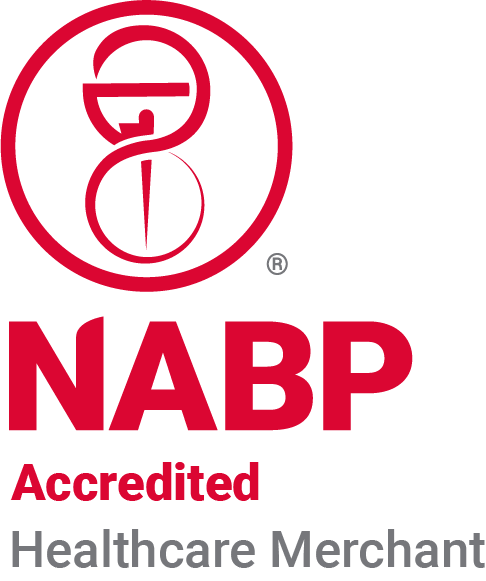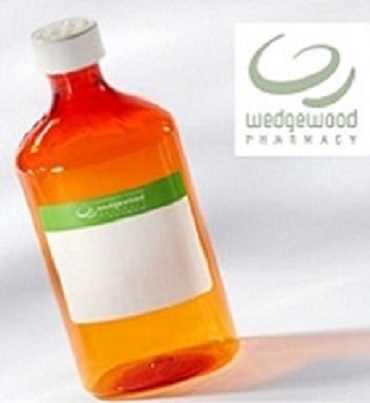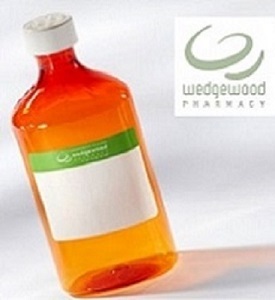Providing Quality & Trust
Atenolol-Clopidogrel Oral Oil Suspension
3M
Starting at $163.26
$163.26 Each
Detailed Description
Atenolol / Clopidogrel Oral Oil Suspension
Prescribed For: Dogs and Cats
One of the dosage forms available for Atenolol / Clopidogrel is Oral Oil Suspension. Wedgewood Pharmacy’s oral suspensions and solutions are a familiar and convenient dosage form. Oral suspensions and solutions can be administered directly into the mouth using a dosing syringe or mixed with a small amount of food. They offer a wide range of flavoring options, and flexible dosing adjustments.
8 strength combinations of Atenolol / Clopidogrel Oral Oil Suspension are available.
- Atenolol from 3.75 mg/ml to 50 mg/ml
- Clopidogrel (as Bisulfate) from 18.75 mg/ml to 75 mg/ml
Other Dosage Forms Available:
Atenolol / Clopidogrel is also available in these dosage forms. Different strengths may be available for different dosage forms.
(Shake vigorously before use)
- (Contains Almond Oil)
- (Store at room temperature)
- Prescribed For: Dog, Cat
- Medications dispensed from Wedgewood Pharmacy are not for use in food or food-chain animals.
- Oral suspensions and solutions can be administered directly into the mouth using a dosing syringe or mixed with a small amount of food.
-
General Drug Information and Indications
Atenolol is used to treat dogs and cats with heart problems due to an abnormal or irregular rhythm, and animals with high blood pressure. It is a member of the family of drugs called beta blockers. These drugs are commonly used for similar purposes in human medicine. Beta blockers slow down the heart rate and reduce the amount of oxygen that the heart muscle needs to function. The use of beta blockers can help the heart function better and more efficiently.
Like many other drugs in veterinary medicine, this drug is not FDA approved for use in animals and is not available from a veterinary pharmaceutical manufacturer. Instead, it is compounded by a specialty pharmacy.
General Drug Information and Indications
Clopidogrel is used to prevent the formation of blood clots. It is a commonly used drug in human medicine and is sold under the trade name of Plavix. In humans, Clopidogrel is used for patients who have had strokes, or are at risk for having a stroke, and in patients that may be at risk for a heart attack due to a blood clot.
Clopidogrel works on platelets, which are the blood cells that are responsible for clot formation. It has a different mechanism of action than aspirin, which is also used in animals or humans that are at risk for blood clots. Clopidogrel is used in veterinary medicine in cats that are at risk for having a blood clot, particularly those with hypertrophic cardiomyopathy. It is also used in dogs with clotting disorders such as immune-mediated hemolytic anemia. There has been more research on the use of clopidogrel in cats than in dogs.
Clopidogrel may be combined with aspirin or it may be used on its own in animals that are unable to tolerate aspirin. Like many other drugs in veterinary medicine, this drug is not FDA approved for use in animals and is not available from a veterinary pharmaceutical manufacturer. Instead, it is compounded by a specialty pharmacy.
How to Give this Medication
Give this medication to your pet exactly as your veterinarian prescribes. If you miss giving your pet a dose of clopidogrel, give the next dose as soon as you remember or, if it is close to the next scheduled dose, return to the regular schedule. Do not double dose to catch up.
Wash your hands after giving your pet this medication.
Side Effects
Be sure to discuss any side effects with your veterinarian immediately.
Clopidogrel is generally well tolerated in the cat. The most commonly reported side effects are vomiting and loss of appetite. It may be helpful to give the clopidogrel with food.
How to Give this Medication
Give this medication to your pet exactly as your veterinarian prescribes. If you miss giving your pet a dose of atenolol, give the next dose as soon as you remember or, if it is close to the next scheduled dose, return to the regular schedule. Do not double dose to catch up.
Do not stop giving this drug abruptly. Usually your veterinarian will recommend decreasing the dose of atenolol gradually.
Wash your hands after giving your pet this medication.
Precautions
Keep this and all drugs out of reach of children. Atenolol is a prescription drug and should be used according to your veterinarian's directions. It should only be given to the animal for which it was prescribed. Do not give this medication to a person.
Atenolol should not be used when the heart is beating too slowly, in animals with low blood pressure, or in animals with circulatory problems or circulatory blockages.
Atenolol should be used with caution in animals that are unstable due to congestive heart failure. Usually your veterinarian will start treatment with other drugs, such as diuretics, before beginning atenolol.
Older animals and those with kidney problems or diabetes may need additional monitoring.
Atenolol crosses the placenta and is found in maternal milk. Tell your veterinarian if your pet becomes pregnant or is nursing.
Drug Interactions
Be sure to review with your veterinarian any medications or supplements your pet may be receiving. Animals that are being given atenolol usually have complex heart problems and may be receiving multiple drugs. There are a number of drug interactions for atenolol.
Atenolol may increase the effects of many drugs that are used for anesthesia.
Atenolol may block the effect of many drugs that are used to increase heart rate or increase blood pressure.
Overdose
If you suspect your pet or another animal was overdosed accidentally or has eaten this medication inadvertently, contact your veterinarian or the A.S.P.C.A.'s Animal Poison Control Center at 888.426.4435. Always bring the prescription container with you when you take your pet for treatment.
If you or someone else has accidentally ingested this medication call the National Capital Poison Center at 800.222.1222.
Storage
Different strengths or dosage forms of Atenolol may have different storage requirements. Read the labeling or ask your pharmacist for the storage requirements of the prescription you receive.

Powered by nopCommerce
This site is running in live payment mode. Real payments will be processed.

